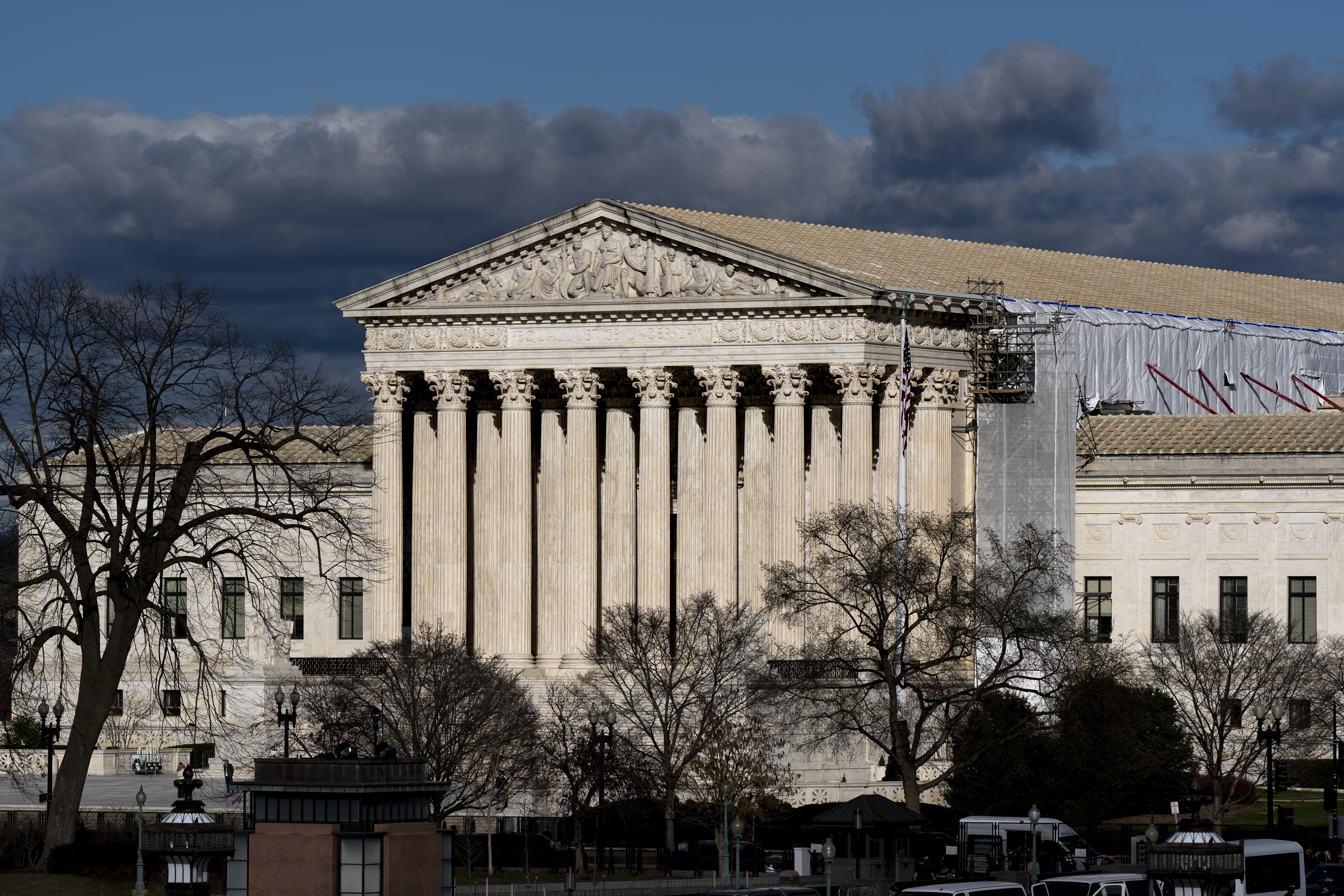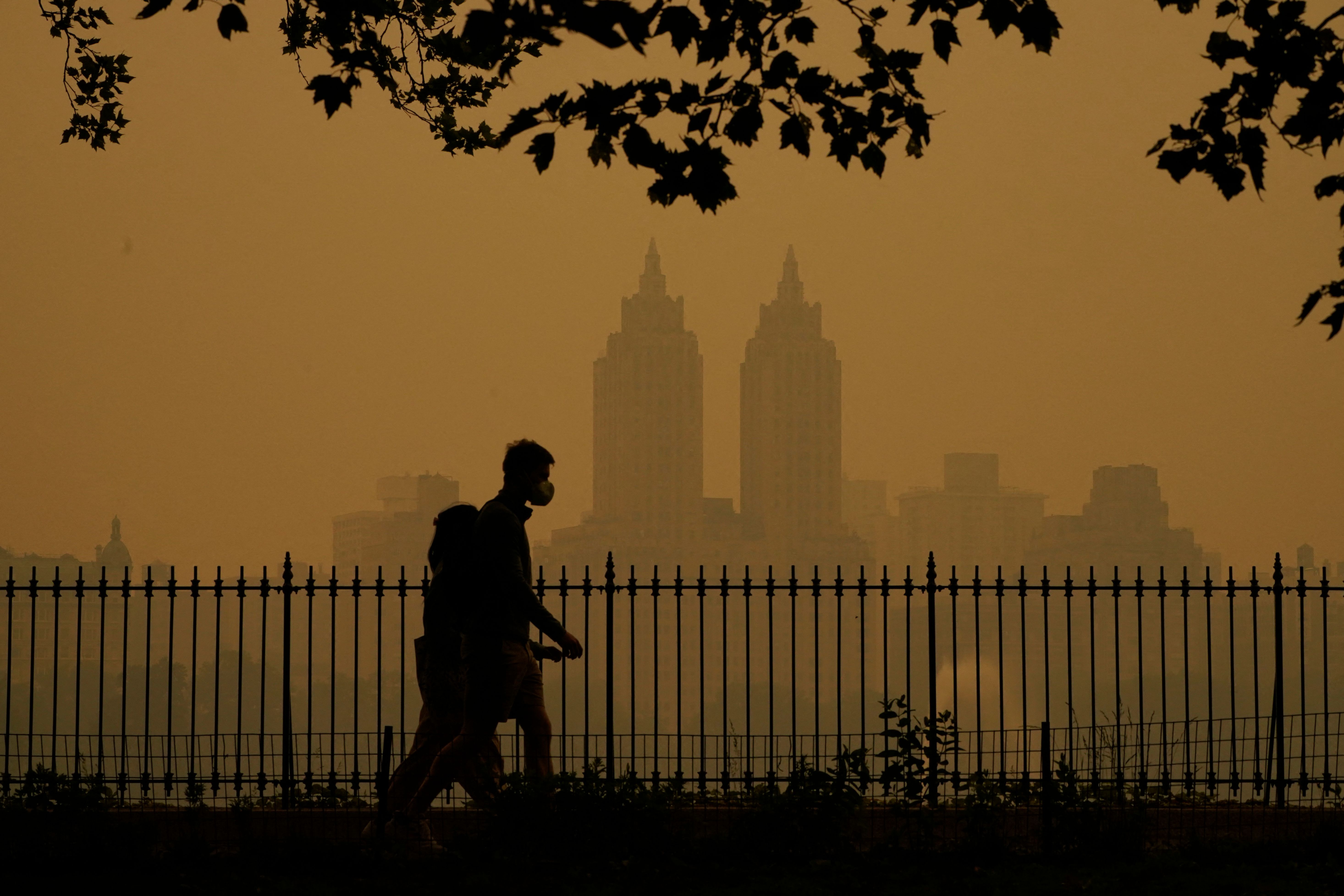Fans from around the United States will be cheering when John Velazquez rides in the Kentucky Derby this weekend, but his biggest fans—his relatives—will be nearly 2,000 miles away.
“It feels great to come to another country, and I’m blessed enough to ride here,” said Velazquez, 42. “I feel blessed to help my family back in Puerto Rico.”
He's not alone when it comes to a distant fan base - more than half of the jockeys in Saturday's Kentucky Derby are Latino. (Watch the race Saturday on NBC - coverage begins at 4p ET.)
And they're not just racing, they're winning. Latin American immigrants have dominated the sport in recent years: Venezuela native Javier Castellano set the single season earnings record ($25.64 million) last year; Latin Americans filled the top six spots on the list of jockeys with the most wins in 2012; and seven Latinos are on the top earning jockey list for 2014, according to racing information website Equibase.
The last 3 winners of the Kentucky Derby were from Latin America—Joel Rosario from the Dominican Republic (2013), Mario Gutierrez from Mexico (2012) and John Velasquez from Puerto Rico (2011).
Velazquez, the top earning thoroughbred jockey of all time ($301.6 million), has been a star jockey for the past 15 years, raising the prominence of his ethnicity in the sport, but he said he is not the leader. The trend of major Latino successes began more than 50 years ago, with major Kentucky Derby wins by Ismael "Milo" Valenzuela, who grew up in Mexico, and Braulio Baeza, from Panama.
“They were the ones who opened up the doors for Latin American riders,” Velazquez said. “It was a welcome for us to come for this great opportunity.”
Velazquez said a number of Latino wins in the 1960s started a cycle of victories, leading to the Latino prominence in American racing today. Those early triumphs by Baeza and others spurred an interest about immigrant riders, and more jockey schools were opened in Latin America, which produced a new generation of highly-skilled riders.
One of the up-and-coming competitors, 22-year-old Ricardo Santana Jr., from Panama, followed in his father’s footsteps to become a jockey.
U.S. & World
"My whole family is in Panama and since my dad is paralyzed, they always take him to the track to see my races," Santana said. "I'm here in U.S. with no family. My agent is like my family here. But I talk to my dad and mom everyday. In panama, they always watch all the jockeys from Panama and our races."
Santana attended the Laffit Pincay, Jr Vocational Jockey School in Panama, where fellow Derby contender Luis Saez was his classmate, he said.
Terry Meyocks, national manager for Jockeys Guild trade association in Lexington, Ky., recognizes the importance of the schools, but said there’s another reason for this trend.
“They’re smaller built [in Latin America],” said Meyocks, whose son-in-law, Javier Castellano, from Venezuela, was the No. 1 winning Jockey in U.S. thoroughbred horse racing last year, according to Equibase.
Every race has specific regulations, including the maximum weight a horse can safely hold—for this year's Kentucy Derby it is 126 pounds, according to a Kentucky Derby Museum official. That regulation weight includes all equipment, so the jockey must weight less than approximately 110 pounds, he said.
The museum official said jockeys of all heights and builds can enter the Derby, as long as they meet the weight requirement.
“They got to be an outstanding athlete,” to be successful in the Derby, Meyocks said. “They got to be patient and [have] a lot of experience and have the right contacts.”
Velazquez began his training at a jockey school in Puerto Rico at 16. He raced for two months there after graduating; then he moved to New York to continue his career.
For foreign riders, there are differences between the tracks at home and those in the U.S., Velazquez said, but tracks around this country are all unique as well. So Latin American riders need to be flexible, but so should all jockeys, he said.
“Track by track, you need to adjust everywhere you go,” Velazquez said. “There is a little grass and synthetic changes everywhere you go.”
Velazquez, a father of two, is scheduled to ride Intense Holiday in the Derby on Saturday, he said. More than half of the jockeys scheduled to ride in the Derby are Latino immigrants—three from Mexico, three from Puerto Rico, two from Panama, one from the Dominican Republic and one from Venezuela, according to the Derby website.
Mexico’s Victor Espinoza will ride the number one ranked horse, California Chrome, the site says. With some of the best jockeys in the sport coming from various Spanish-speaking nations, Velazquez says their Latin American roots keep them linked.
“We all come from different countries but we all feel very connected,” Velazquez said. “We are very competitive nations naturally.”



